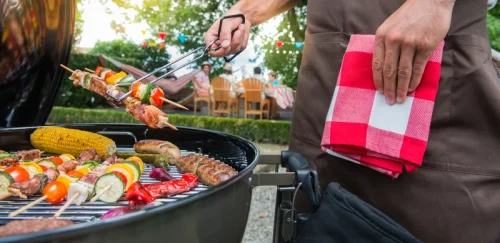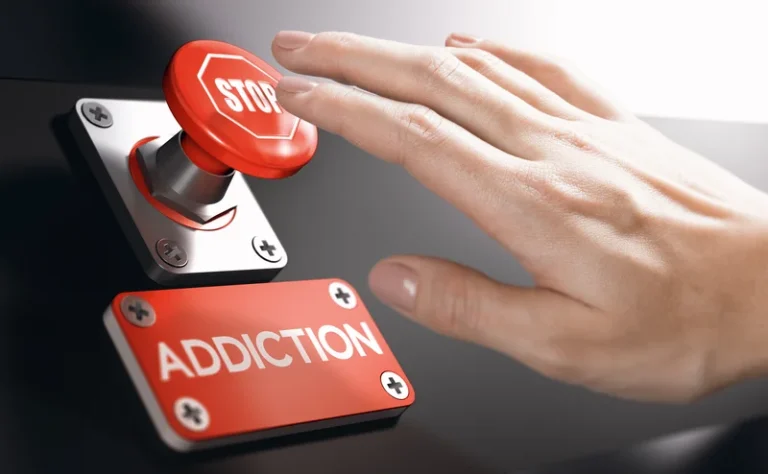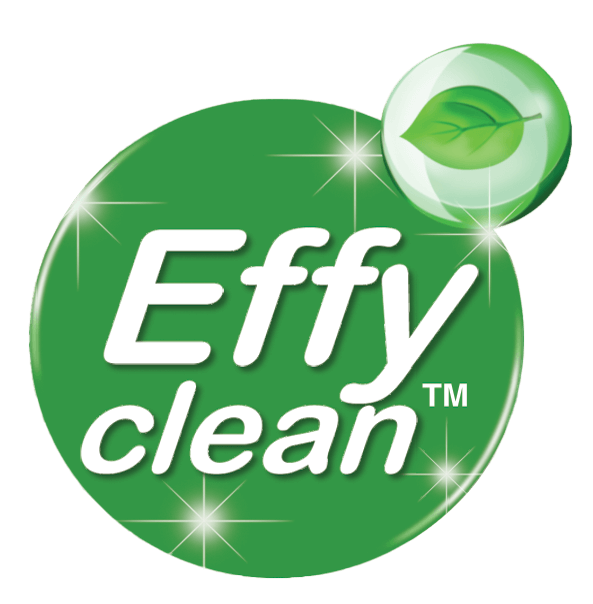
Research conducted at Treatment Research Institute, Philadelphia shows that 40-60% of people in recovery from addiction will experience at least one instance of relapse. This underlines the importance of understanding and preventing relapse, to ensure long-term https://ecosoberhouse.com/ success in recovery efforts. Healthy lifestyle changes like regular exercise, nutritious food, enough sleep, and stress management are helpful for sobriety. Doing activities that make one happy and give life purpose can fill the void left by substance abuse.

Relapse: Normalizing and Providing Continued Support
As blood vessels dilate, blood flow increases to the surface of the skin, creating a warm sensation. Anything that instills the feeling of reward can be addicting. Marijuana reworks brain chemistry just like any other drug and just like anything affecting the reward pathway of the brain. Addiction is when it’s hard to function without using, and many people have suffered from this while using marijuana. Often, doctors prescribe them for alleged irreversible brain damage on the dopamine receptors in the brain, but your brain can heal — it’s a muscle that tears and rebuilds as you work it out.
- Its unfavourable reputation means individuals are too ashamed to seek help, resulting in hidden cases.
- It is crucial to differentiate between what is real and what is not, in order to deliver correct info and aid those on their recovery trip.
- Another fantasy is that relapse shows failure or a lack of self-control.
- They can simultaneously help treat any co-occurring mental health issues.
- Participating in empathetic conversations that focus on facts instead of judgment helps us break down barriers and develop an atmosphere conducive to understanding, support, and recovery.
- It is damaging to physical and mental health, so it is essential to correct misconceptions about it.
Powerful Tools for Caregivers of Special Needs Children7.17
- Addressing the social stigma requires education and compassion.
- Learn the truth about common myths surrounding addiction and recovery and find out how seeking help can lead to successful long-term recovery.
- It’s important to raise awareness about the risks and importance of responsible usage.
- If you cannot sleep or function normally without drugs or alcohol in your system, you are addicted to a substance.
Listening to them share their stories and seeing how far they have come can provide encouragement and motivation on the tough days. It also gives you someone to turn to who understands what you’re dealing myths about addiction and recovery with and won’t judge you for it. Mark S. Gold, M.D., is a pioneering researcher, professor, and chairman of psychiatry at Yale, the University of Florida, and Washington University in St Louis.
- Proper treatment, such as a dual diagnosis program, is necessary to address both addiction and mental health issues.
- Some may describe it as choosing drugs over something else, and if they really cared, they would just stop.
- Waiting for “rock bottom” before seeking treatment is hazardous.
- Raising awareness, reducing social stigma, encouraging compassionate dialogue, and creating supportive environments can help break down the myths and misconceptions, leading to better outcomes.
- Substance abuse and addiction are topics surrounded by countless myths and misinformation.
#4. People who get addicted to prescription drugs are different from people who get addicted to illegal drugs.
Older, white, middle-class adults are the face of the opioid epidemic, with many graduating to heroin abuse. In almost every aspect, this latest epidemic opposes the stereotype of addiction. Many people make assumptions about a person’s character or morality when they have an addiction. While it is true in some cases that a person may choose to experiment with a substance, it does not mean that they actively chose to struggle with addiction. As always, it is important to be critical when seeking help, since the quality of counselors are not consistent. If you are not feeling supported, it may be helpful to seek out another practitioner.
STAT Plus: Health Care’s Colossus: How UnitedHealth harnesses its physician empire to squeeze profits out of patients
Drugs, Brains, and Behavior: The Science of Addiction
Myth #1: If you have an addiction, you don’t have enough willpower.

